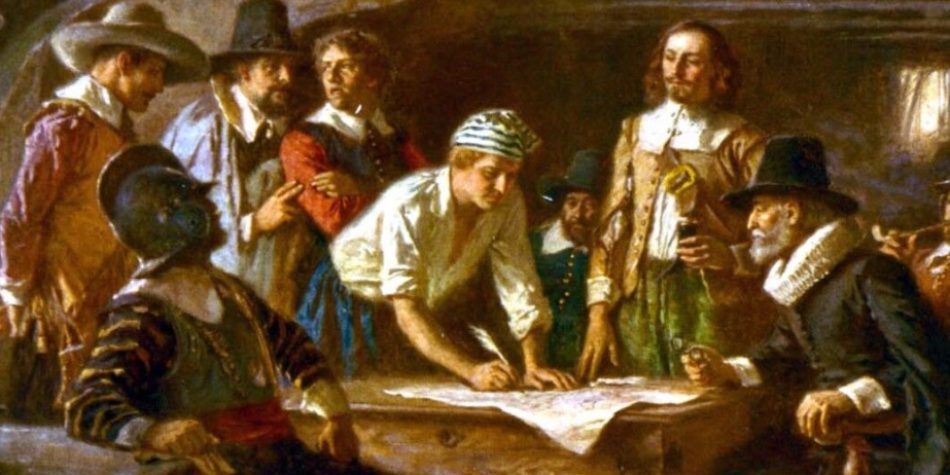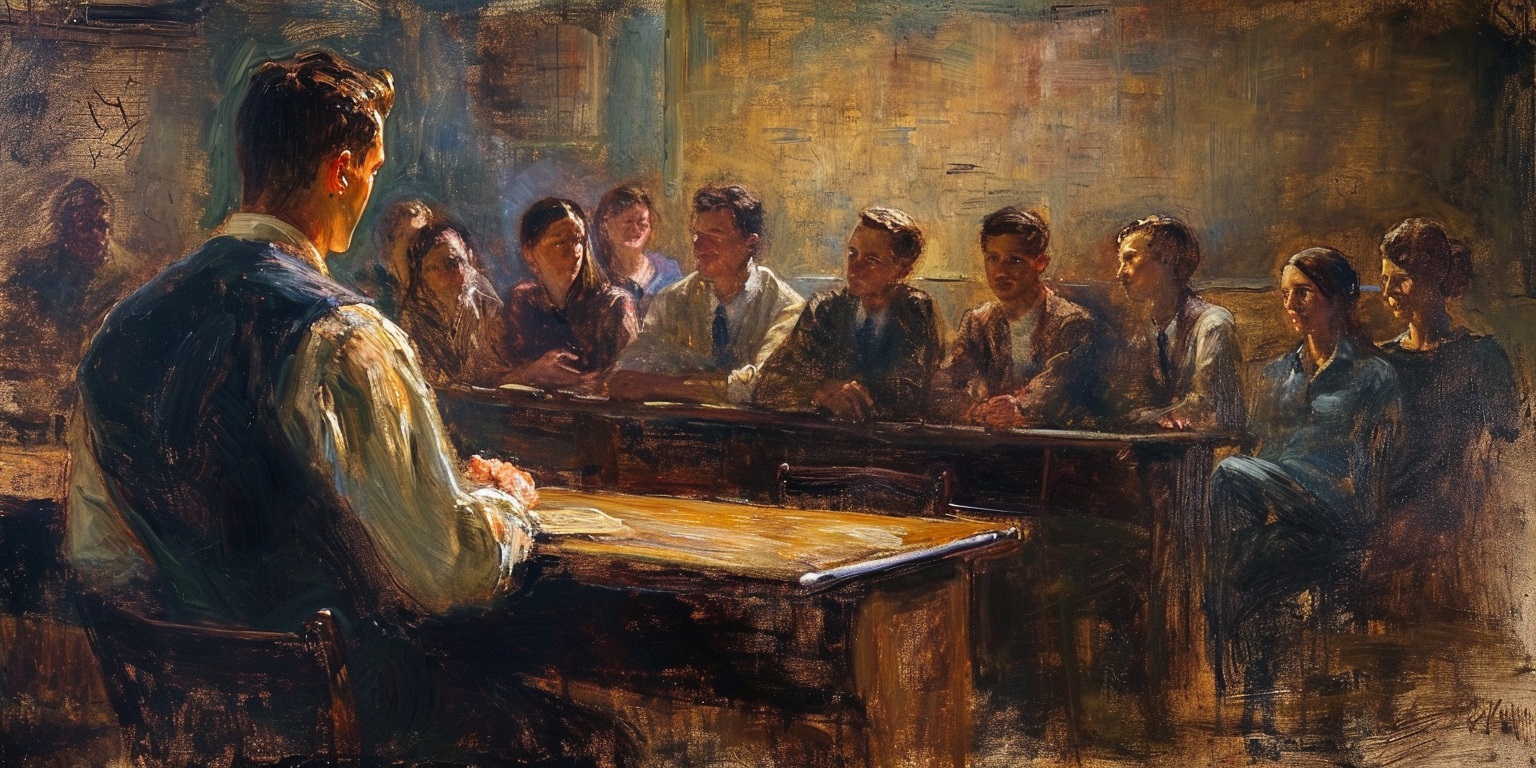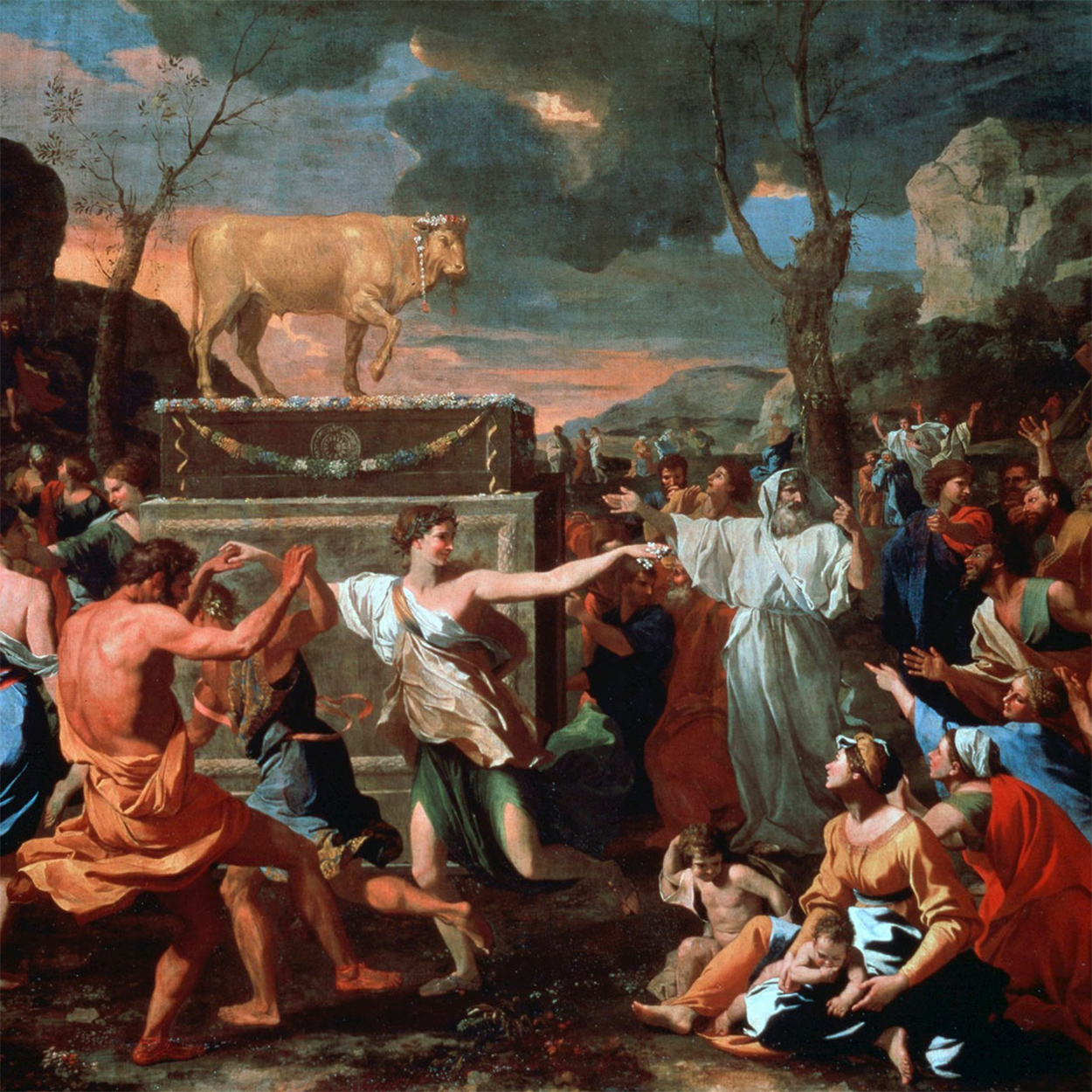Exactly 246 years after Congress voted to declare independence (July 2, 1776), I pressed the send button on my computer screen and submitted my application to become a U. S. Citizen (July 2, 2022). When I moved to the United States, from Canada, in 1991, I was an immature young man, recently married to a most wonderful American woman (I am still married to her 30-plus years later, and she is still most wonderful), and what I found most exciting was watching American college sports. I did not know much about American history or the Constitution, but I was excited to attend University of Utah football and basketball games. Thirty-one years later, I became an American citizen and would like to share with my fellow Americans what I find remarkable about American democracy and the U.S. Constitution. A free state allows people to control how it is governed.
First, democratic freedom is exercising control over how communities and societies are governed and NOT being left alone by the state, so you can do whatever you want. The latter is individualism, where the self takes precedence over the group and is a misguided notion of democratic freedom. Democratic freedom is a collective, and many voices must be blended together. Stated another way, a free state allows people to control how it is governed; it is not a state where government interference is limited as much as possible. In its extreme, a limited government is anti-democratic. I believe too many Americans do not understand the difference between democratic freedom and individualism and that the Revolutionary War was fought to gain the capacity to implement control over how communities and societies are governed, not to create radical individualism.
Second, too many Americans focus too much on the American Revolutionary War or “1776” and not enough on America’s Constitutional Conversation from 1760-1840. They focus more on George Washington as commander of the Continental Army and not enough on Washington, the listener and the person who had the strength to be open-minded and change his mind on the nature of government and slavery. Dr. Amar’s extensive research tells us that during America’s Constitutional Conversation, Washington was
“… an outstanding listener. He absorbed information well … Adams loved to talk, but often failed to listen. Jefferson wore ideological blinders, and routinely took in only what he wanted to take in. Washington excelled at soliciting and processing advice and information from a broad range of sources. At the Philadelphia Convention, he was indeed the listener in chief” (p. 303).
There is no doubt that Washington demonstrated military prowess and courage, but what is often overlooked, he also had auditory proficiency and an open mind. Washington was a voracious reader, “scourging every piece of printed information he could find” and “pondering speeches and writing on both sides of the [ratification] question. Washington himself had been emphatically on one side—the yes side—but he understood there was another side, and further understood that there were many honorable people and many honorable arguments on that side” (p. 307). Unlike King George III, who was not listening to “the people,” George Washington was listening to “the people.” Dr. Amar is clear that Washington understood that in the early days of the republic, his most paramount role was to keep the Union together by “showing skeptics and critics that their voices had indeed been heard, that the promises made in ratification conventions … would be redeemed, not ignored (p. 309). Washington had the cognitive flexibility to compromise. Washington (and almost all of the other Philadelphia signers) had rejected George Mason’s proposal to create a Bill of Rights but was then open-minded enough to reflect and change his view and agree with the Anti-Federalists. If Washington were alive today, he would not, like many Americans and political leaders on both sides, become tribal in his political views. I believe Washington would be greatly disappointed with the inability of so many politicians to find a middle ground. American democracy is messy.
A compromise is a settlement of a dispute that is reached by each side making concessions. The U.S. Constitution and Congress are places of compromise. The House of Representatives comprises 435 elected members, divided among the 50 states in proportion to their total population, and their values and beliefs differ. The Senate is composed of 100 Senators, two for each state. Healthy final decisions in Congress are compromises. What is way too familiar today and also dysfunctional are politicians and political parties who lack the psychological skill set of cognitive elasticity and instead display cognitive rigidity, which is the inability to adapt or change mentally. Cognitive rigidity is supported by confirmation bias, which drives us to seek information that supports our established positions and is at the core of many mental health problems. American democracy needs to start with listening and finding where opposing ideas link, such as what Washington did, so that we can see “the other” as someone who cares, not as the demon standing in our way.
To this end, American democracy is messy; it requires good-faith negotiations, permanently settling for something in the middle. The Bill of Rights, for example, took shape over years in a cluttered process. Rather than weaving these rights into the original documents, as James Madison originally wanted, the House proposed to add amendments/rights to the end of the Constitution. But the Senate then rejected some of the provisions and reorganized others. Compromise won out, and today we have an excellent Bill of Rights. Although questionable, the Founding Fathers preserved the immoral institution of slavery as a needed compromise to ensure the passage of the Constitution.
Fourth, and connected to the third axiom stated above, democracy and the U.S. Constitution were designed to move slowly and are not undergirded by instant gratification. In writing in the Atlantic (May 2022) regarding why American life has become uniquely stupid, linked to the influence of social media, psychologist Jonathan Haidt captured this so very well:
It was just this kind of twitchy and explosive spread of anger that James Madison had tried to protect us from as he was drafting the U.S. Constitution. The Framers of the Constitution were excellent social psychologists. They knew that democracy had an Achilles’ heel because it depended on the collective judgment of the people, and democratic communities are subject to “the turbulence and weakness of unruly passions.” The key to designing a sustainable republic, therefore, was to build in mechanisms to slow things down, cool passions, require compromise, and give leaders some insulation from the mania of the moment while still holding them accountable to the people periodically, on Election Day.
American democracy is not like social media, smartphones, or 24-hour live cable news networks that are all based on a foundation of instant gratification. The greatness of American democracy is the mechanisms to slow things down, think, ponder, reflect, move slowly, and calm passions.
Fifth, the full force of the freedoms of the Bill of Rights did not occur in the early creation of America; instead, it was Lincoln and the result of the Fourteenth Amendment that allowed the Federal government (not State governments) to become the trustworthy guardians of the First Amendment’s freedoms—speech, religion, press, assembly, and the right to petition the government. Passed on June 8, 1866, after Lincoln’s assassination, and ratified on July 9, 1868, the Fourteenth Amendment granted citizenship to all persons “born or naturalized in the United States,” including formerly enslaved people. It provided all citizens with “equal protection under the laws,” extending the provisions of the Bill of Rights to the states. The Fourteenth Amendment recognized a federal right to be free from state action. In addition, the Thirteenth, Fourteenth, and Fifteenth Amendments transformed the constitution, and too many Americas are still rooted in the pre-civil war constitution. Today, too many Americans see the Federal government as a problem in trampling on State rights, but historically the Federal government of the Lincoln and post-Lincoln years is the authentic guardian of the First Amendment’s freedoms. Democracy was designed to move slowly.
Repeating Dr. Amar, historians use words such as extraordinary military and moral courage, organizational discipline, tactual cleverness, and strategic vision to describe Washington. He believed in popular self-government, civilian hegemony, rights protection, and the rule of law. But he still was not perfect. In his early years, Washington was known to work his slaves hard, and if they avoided work, he had them flogged, and if they ran and he caught them, Washington then sold them. This is the not-so-good young man Washington. This past should not be lost, overlooked, or hidden. Young Washington supported slavery.
But what made Washington outstanding was his ability to listen and change his mind. Over many years Washington bonded with his manservant, William Lee, and over time changed his views on slavery. It took time, but his new ideas toward equality changed, first by resolving not to break up slave families. Then, as an older man, Washington freed his slaves, his private actions advocated for slavery to end, and in his will, he made substantial financial provisions for his freed slaves. The real-life of Washington needs to be learned by Americans, not just the cherry-picked good parts. Likewise, Abraham Lincoln was another truly great man, but he was not perfect either (as no one is perfect). Early in his Presidency, Lincoln felt he could assuage white concerns about abolition by making it clear Whites and free Blacks could not live side by side and suggested free Blacks could be colonized to different places and have a choice in where they were transported.
Another example is Thomas Jefferson, unquestionably, one of America’s most important founders who championed freedom, achieved the paramount Louisiana Purchase, and was the principal author of the Declaration of Independence in 1776. But Jefferson had journalist James Callender, known as a “scandalmonger,” on a secret payroll, and Jefferson wanted Callender to break the story of Alexander Hamilton’s marital affair. Alexander Hamilton became a leading voice of the Federalists, who believed the federal government needed to be strong. In contrast, Jefferson argued that too much power in the hands of the federal government would lead to tyranny. Jefferson wanted to shame Hamilton publicly. When Jefferson distanced himself from Callender and stopped paying him, Callender then broke the story that Jefferson had a slave mistress, and Jefferson had paid him to share Hamilton’s infidelity with the American people. Thomas Jefferson did so many good things but was far from perfect. America is a Nation of possibilities.
After I pledged my allegiance to the Flag—a sacred promise of loyalty to the United States—everyone in that room was given a wonderful short letter by President Biden that stated, “We are forever a Nation of possibilities.” America is a Nation of possibilities undergirded by an amazing Democracy and Constitution, but what makes it so unique are leaders like Washington and Lincoln, who demonstrated cognitive elasticity and were committed to compromise. I wish more Americans and political leaders understood this part of America.

















